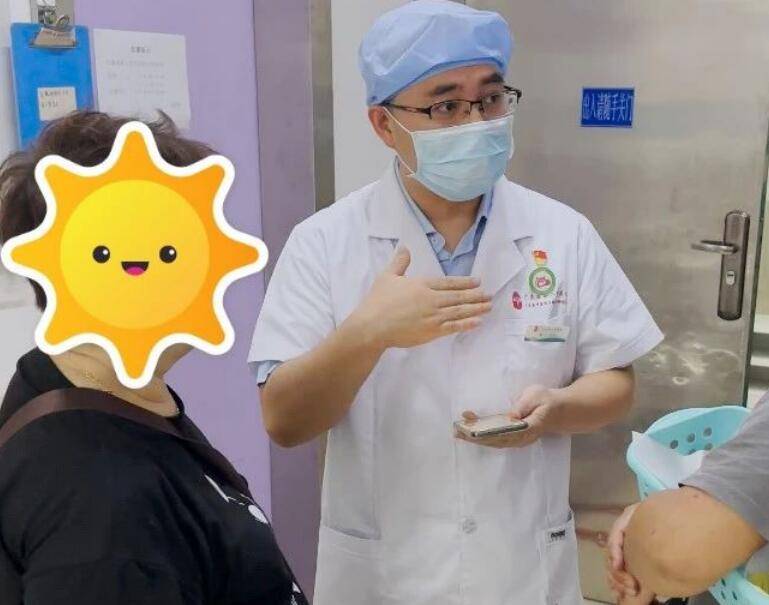Hello everyone! I am Director Yuan Ding of the Cardiovascular Department at a public grade III, class A hospital, your doctor friend. I now hold regular consultations at the Guangzhou Hongyun Traditional Chinese Medicine Clinic.
Many patients with hypertension in outpatient clinics struggle significantly with choosing antihypertensive medications, having numerous concerns.
For the treatment of hypertension, suitable antihypertensive medications are usually recommended based on the specific conditions of the patients.
The following three types of medications are widely used in the treatment of hypertension and are considered safe and effective antihypertensives! Remember to like and share, so more people can see it!
1. Calcium Channel Blockers (CCB)
Such as Amlodipine, Nifedipine (like extended-release or controlled-release nifedipine), Felodipine, etc.
These work by inhibiting calcium ions from entering the cells, thereby relaxing vascular smooth muscle, reducing peripheral vascular resistance, and lowering blood pressure.
This type of medication has a strong antihypertensive effect, acts quickly, has no significant impact on blood lipids or blood sugars, and is particularly effective in lowering blood pressure in elderly patients.
2. Angiotensin-Converting Enzyme Inhibitors (ACEI)
Such as Perindopril, Enalapril, Benazepril, etc.
These work by inhibiting angiotensin-converting enzyme, blocking the production of angiotensin II, thus eliminating the effects of angiotensin II that constricts blood vessels, stimulates aldosterone release, and raises blood pressure, and can also reduce peripheral vascular resistance to achieve the goal of lowering blood pressure.
In addition to antihypertensive effects, they also improve insulin resistance and reduce urinary protein, particularly suitable for hypertensive patients with heart failure, myocardial infarction, diabetic kidney disease, and other conditions.
3. Angiotensin II Receptor Blockers (ARB)
For example, Irbesartan, Losartan, Valsartan, etc.
This type of medication selectively blocks the binding of angiotensin II to its receptors, thus preventing the effects of angiotensin II that constrict blood vessels and raise blood pressure.
Although the antihypertensive effect acts slowly, it is lasting and stable, has no significant impact on blood lipids or blood sugars, and offers good protection for target organs such as the heart, brain, and kidneys.
Yuan Ding reminds: Patients with hypertension should fully consider factors such as age, gender, comorbidities, and target organ damage when choosing antihypertensive medications, and undergo individualized treatment under the guidance of a doctor; if any discomfort symptoms arise, feel free to ask me.
I am Director Physician Yuan Ding at a public grade III, class A hospital, engaged in clinical diagnosis and treatment of hypertension, hyperlipidemia, coronary heart disease, myocarditis, and other diseases for over 30 years.
Yuan Ding, Chief Physician at the Second Hospital of Guangdong Province, currently holds regular consultations at the Guangzhou Hongyun Traditional Chinese Medicine Clinic. Specializes in: cardiovascular diseases, myocardial infarction, cerebral infarction, coronary heart disease, angina pectoris, sequelae of cerebral infarction, atrial fibrillation and premature beats, arrhythmias, hypertension, hyperlipidemia, dizziness, insomnia, and other diseases.


